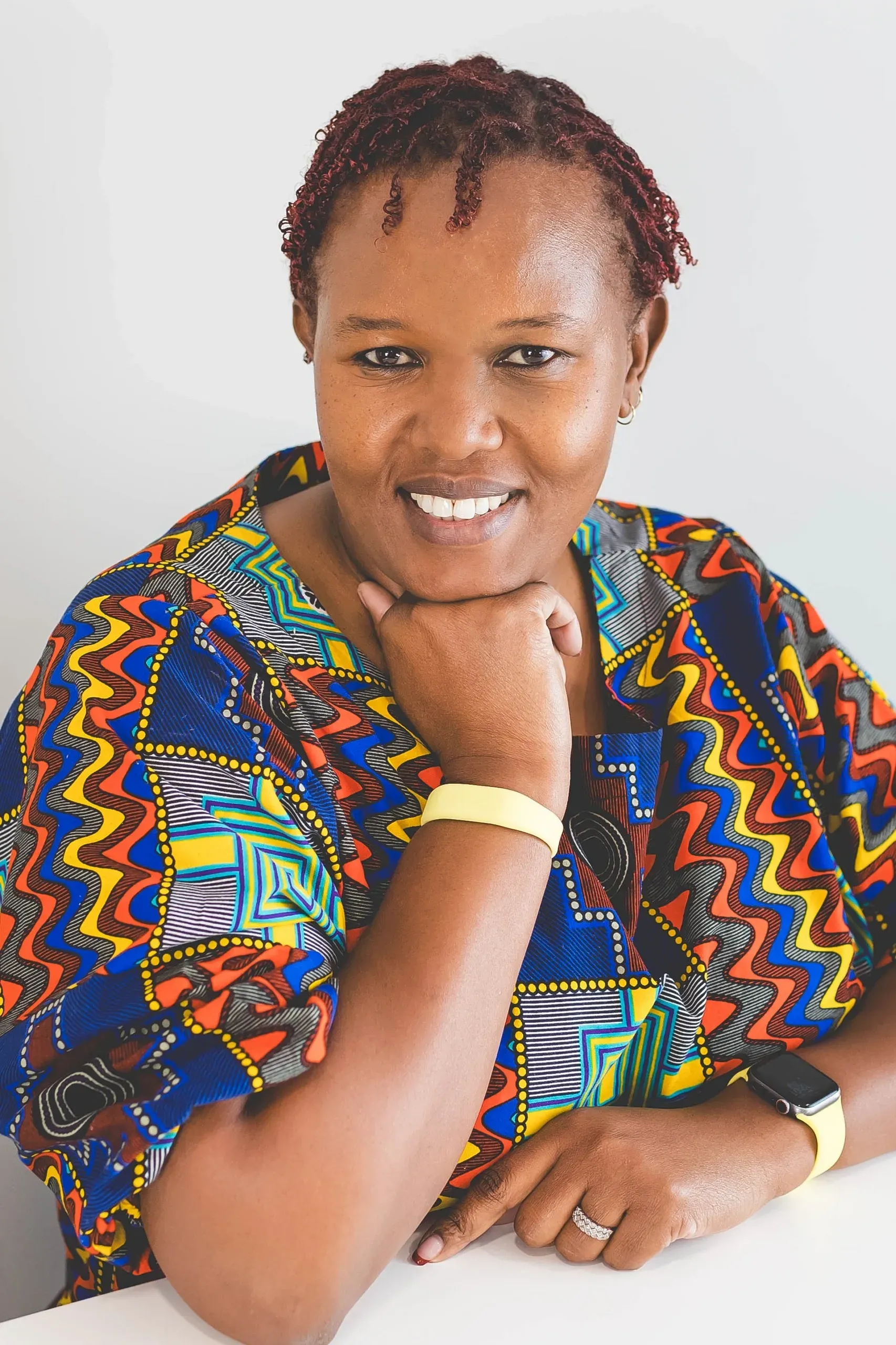The Silent Wounds: Why Mental Health Awareness Is Vital in the Fight Against Human Trafficking
- Linda A

- May 13, 2025
- 3 min read

May is Mental Health Awareness Month. For many, it’s a time of reflection and healing a moment to pause and tend to the quiet struggles that often go unnoticed. But for those impacted by human trafficking, mental health isn't just a side story. It's the heart of the battle.
Human trafficking leaves behind more than physical scars. It fractures the mind, clouds the soul, and isolates survivors in invisible prisons of shame, fear, and silence. If we want to prevent trafficking and truly support those who have endured it, we must face this truth: there is no justice without healing.
The Invisible Path to Vulnerability
Trafficking doesn’t always begin with chains. It often starts with emotional wounds.
A teenager struggling with anxiety. A woman carrying the weight of childhood abuse. A young man coping with untreated trauma and searching for belonging. These are the vulnerabilities traffickers seek out; not with violence at first, but with false promises, attention, and control disguised as care.
Where mental health is misunderstood or ignored, manipulation takes root. The lack of emotional support becomes fertile ground for exploitation.
Trauma That Lingers
For survivors, leaving a trafficking situation does not mean the pain is over. In many ways, it’s just beginning.

Imagine waking up each day battling flashbacks, panic attacks, or a crushing sense of guilt for something you never chose. Imagine trying to hold a job or go to school while your mind replays years of coercion, fear, and betrayal.
Survivors often experience:
Deep depression and thoughts of hopelessness
Post-traumatic stress that disrupts sleep, focus, and relationships
Emotional numbness or detachment from self
Intense fear of being judged, blamed, or misunderstood
Struggles with trust, boundaries, and reclaiming identity
These are not simply aftereffects. They are life-altering realities and without proper care, they can keep survivors trapped long after the trafficker is gone.
Healing Is Prevention
At HopeWorks Global, we’ve learned that prevention doesn’t start with rescue; it starts with resilience. When we strengthen mental health awareness, we don’t just help people recover. We help protect them in the first place.
When communities recognize emotional distress, they can step in before a trafficker does.
When teachers, pastors, and volunteers are trained in trauma-informed care, they become lifelines not just witnesses.
When survivors receive the counseling they need, they begin to believe again in themselves, in their voice, in a future beyond the pain.
Mental health support is not optional in the fight against trafficking. It is foundational.
What You Can Do
Listen without judgment. Survivors often feel ashamed of what they’ve endured. Your compassion can be a turning point.
Support organizations that offer trauma-informed care. Every donation helps fund critical services like therapy, crisis support, and survivor mentorship.
Educate yourself and others. Attend awareness training. Share resources. Speak up when something doesn’t feel right.
Break the silence. Talk about mental health in your home, your community, your workplace. Help make it safe for others to speak up.
This Work Is Personal
At HopeWorks Global, this mission is more than professional. It’s personal.
We’ve sat with survivors who couldn’t make eye contact, who questioned if they were worth saving. We've listened to stories that broke our hearts but also reminded us of the strength of the human spirit.
And we’ve seen the transformation that happens when someone receives the care they need: the steady return of a voice, the courage to dream, the beginning of hope.
Because healing is possible. And everyone deserves a chance to begin again.
Hope Begins With You

Mental health awareness and human trafficking prevention are not separate conversations. They are deeply connected and both deserve our full attention.
If we are to build a world where exploitation no longer thrives, we must care for the whole person. Not just rescue them from harm, but walk with them through healing.
Take a step today: Join a free awareness program, sponsor a survivor’s counseling session, or partner with us to bring trauma-informed care to those who need it most.
Let’s not just raise awareness this month. Let’s raise each other into wholeness, into safety, into freedom.




Comments